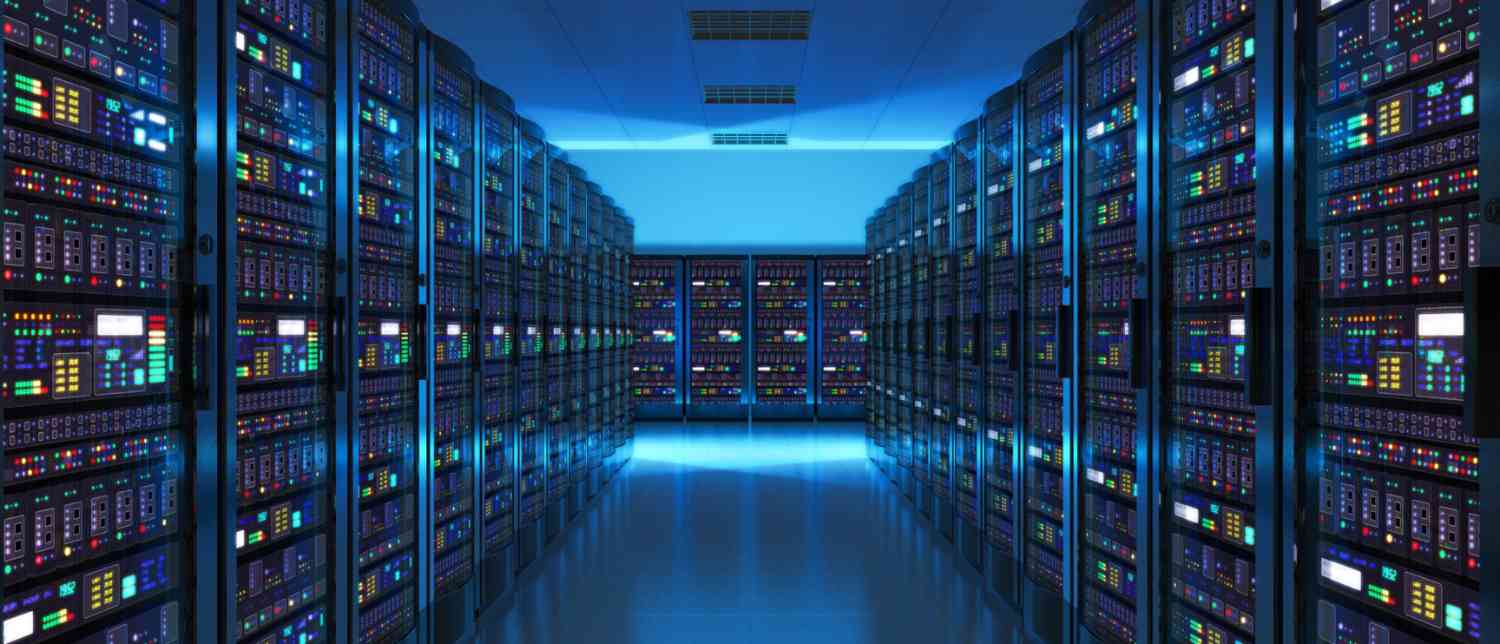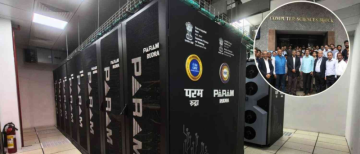India is taking a significant leap forward in its ambition to become a global digital powerhouse. The central government is contemplating a long-term tax exemption for data centre developers, potentially lasting up to 20 years, provided they meet specific targets on capacity, energy efficiency, and employment generation. This initiative comes under the draft National Data Centre Policy 2025, which has been circulated among stakeholders for consultation and is aimed at establishing India as a global hub for cloud infrastructure, artificial intelligence (AI), and digital services.
With the rapid expansion of India’s digital economy and the skyrocketing demand for storage and computing power, the government sees data centres as the backbone of this transformation. The proposed incentives reflect India’s commitment to attracting investment, both domestic and international, while strengthening its technological ecosystem.
Proposed Incentives: What the Draft Policy Offers
The draft National Data Centre Policy 2025 introduces a comprehensive set of incentives to encourage data centre development. At the heart of the proposal is a 20-year tax holiday for data centre developers who meet specific operational targets. The key criteria for these exemptions include:
-
Capacity addition: Developers must expand their infrastructure to increase India’s computing and storage capabilities.
-
Power usage effectiveness (PUE): Data centres must adopt energy-efficient practices to minimize electricity consumption per unit of computing power.
-
Employment generation: Projects must create jobs, fostering skill development and economic growth.
In addition to tax exemptions, the policy proposes that the Ministry of Electronics and Information Technology (MeitY) seek approval from the Finance Ministry to allow input tax credit on GST. This GST credit would apply to capital expenditures such as construction materials, heating, ventilation, air conditioning (HVAC) systems, and electronic equipment used in building and maintaining data centres.
The policy also emphasizes coordination between government agencies. MeitY will work closely with the Ministry of Power, the Central Electricity Authority (CEA), and other government bodies to ensure reliable power supply to data centres—a critical requirement for uninterrupted operation.
India’s Rising Demand for Data Centres
India’s digital footprint is expanding at an unprecedented pace. The number of internet users in the country is projected to reach 1.2 billion by 2030, driving immense demand for cloud infrastructure powered by data centres. Furthermore, the rapid adoption of AI technologies has created an urgent need for advanced computing power, high-speed networking, and large-scale storage capabilities.
Data centres are central to AI development. They provide the necessary computing infrastructure to train and deploy complex AI models that support sectors like healthcare, agriculture, finance, governance, and more. Recognizing this, the Government of India launched the IndiaAI Mission, with an investment exceeding ₹10,000 crore, aimed at establishing AI compute infrastructure via public-private partnerships. The mission also focuses on developing AI foundational models in major Indian languages, prioritizing sectors critical to national growth.
Several AI startups, including Soket AI Labs, Gnani.ai, and Gan.ai, have been selected under the IndiaAI Mission to develop indigenous AI models, further reinforcing the importance of domestic data centre infrastructure.
Global Interest in India’s Data Centre Market
The growing AI sector has attracted significant international interest. Leading global technology companies are planning major investments in India’s data centre market. For example:
-
OpenAI is reportedly planning to set up a data centre in India with a capacity of at least 1 gigawatt (GW) and is exploring partnerships with local companies.
-
Google intends to invest $6 billion to build a 1 GW data centre and supporting power infrastructure in Andhra Pradesh.
Such investments underline the confidence international players have in India’s data ecosystem. According to the Economic Survey 2024-25, India’s data centre market is projected to reach $11.6 billion by 2032, driven by the need for cloud computing, AI applications, and digital services.
Key Provisions of the Draft Policy
The 2025 draft policy outlines a robust incentive structure, including:
-
Tax Holiday: Up to 20 years, conditional on meeting criteria for capacity expansion, efficiency, and employment.
-
GST Input Tax Credit: Likely extended to capital expenditures like construction materials, cooling systems, HVAC, and electrical equipment.
-
Foreign Player Benefits: Companies leasing or operating ≥100 MW of capacity could gain permanent establishment status in India.
-
AI Development Push: Eligible firms may be encouraged to set up AI development centres or global capability hubs alongside their data facilities.
Officials have highlighted that these measures aim to generate employment and strengthen domestic capabilities in advanced technologies, including AI, cloud computing, and cybersecurity—not only in metropolitan areas but also in Tier-II and Tier-III cities.
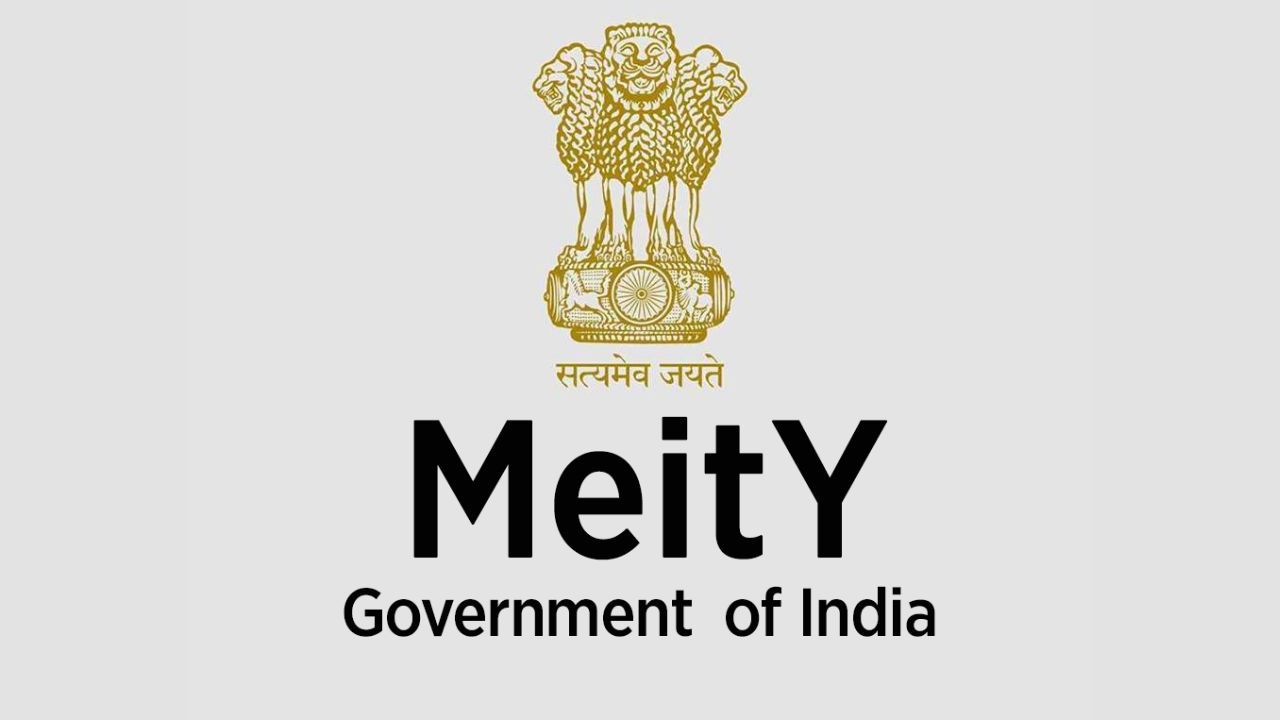
Why the Timing Is Critical
India’s data centre industry has experienced explosive growth, with a 24% compound annual growth rate (CAGR) since 2019. Analysts estimate that an additional 795 MW of capacity will come online by 2027, bringing the total to 1,825 MW. Current occupancy rates of 75–80% indicate that demand is already outpacing supply.
CBRE notes that as India’s digital economy scales, the need for next-generation infrastructure to support AI, cloud computing, and big data will only intensify, making it imperative to accelerate data centre development.
Tackling Land and Power Challenges
Two of the biggest bottlenecks in the data centre sector are land and power availability. The draft policy proposes specific strategies to address these:
-
Land Banks: States will be encouraged to allocate land near industrial corridors, IT hubs, or manufacturing clusters for dedicated data centre parks.
-
Reliable Power Supply: Coordination between MeitY, the Ministry of Power, CEA, and the Central Transmission Utility of India will ensure uninterrupted power access.
-
Green Energy Initiatives: Developers will be incentivized to use renewable energy sources, with potential regulations for energy storage solutions and even small modular reactors near large data centre hubs.
Officials emphasized the importance of promoting renewable energy usage, given the substantial power demands of modern data centres.
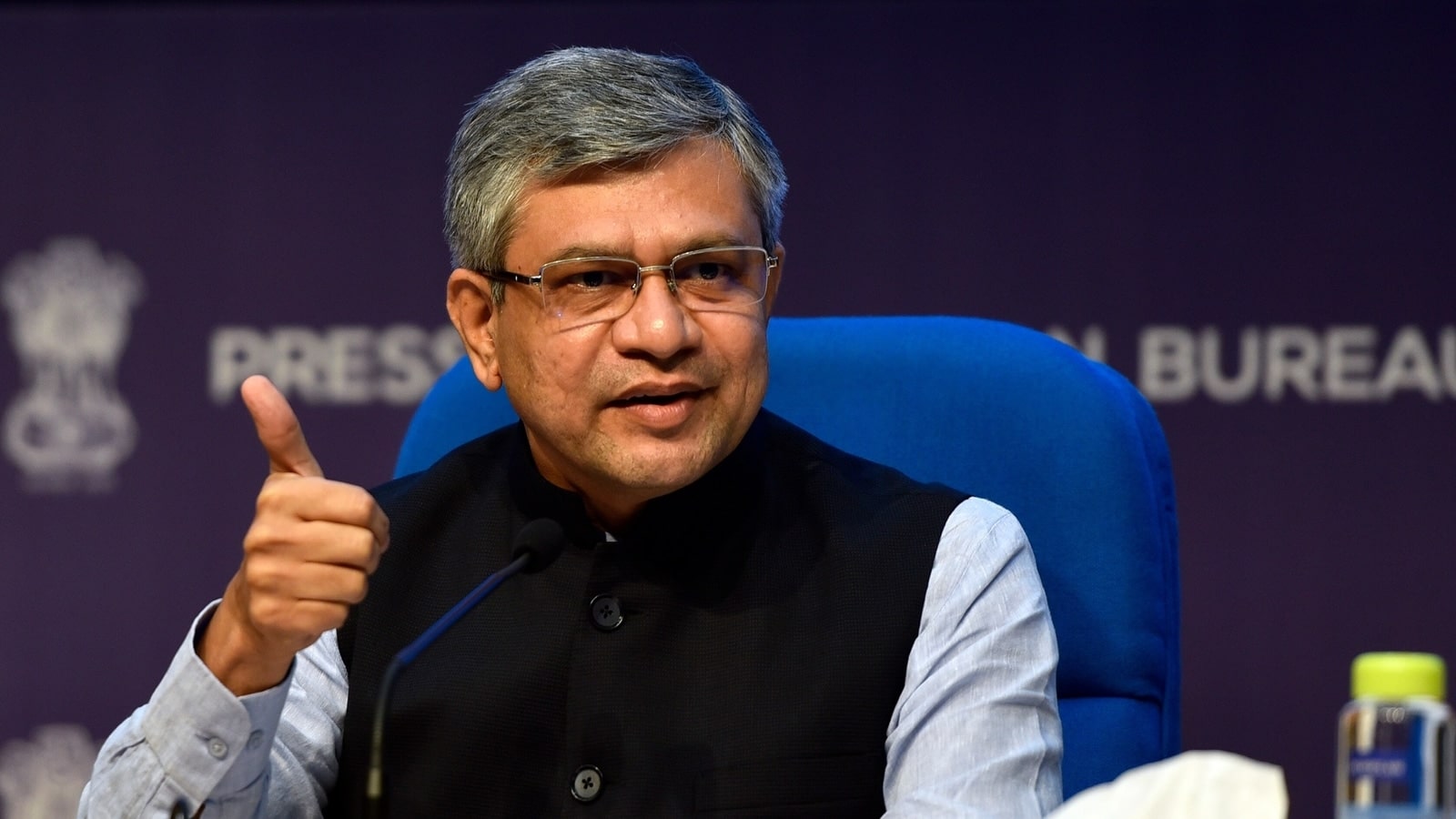
Criticisms of the Proposed Tax Holiday
While the draft policy promises significant incentives, some experts argue that a 20-year tax holiday is unnecessary and potentially problematic. Key concerns include:
- Central Overreach on State Rights
Income tax is a shared responsibility between the Centre and the states. Critics argue that the central government should not unilaterally decide which industries receive tax breaks, as this could usurp state revenue rights. A more collaborative approach could involve a tax sub-committee under the Inter-State Council to oversee both income tax and GST concessions.
- Unnecessary Incentives for a Booming Sector
The data centre industry is already a highly attractive investment opportunity, with major business groups actively competing to establish infrastructure. Critics contend that offering monetary incentives is superfluous, akin to providing financial perks for admission to elite institutions like the Indian Institutes of Technology (IITs). The sector does not require subsidies to attract capital; private investment is already robust.
- Potential Revenue Losses
Data centres, AI infrastructure, and cloud computing are capital-intensive but may generate relatively modest returns initially. A recent Economist report highlights a parallel between the AI investment surge and the historical Dotcom boom, where enormous capital inflows initially yielded limited revenue. While the long-term strategic benefits are undeniable, the immediate fiscal impact on state and central revenue is a valid concern.
Strategic Importance of Data Localisation
India’s data localisation policy mandates that Indian data be stored domestically. While not necessarily prohibiting data storage abroad, this approach ensures that India retains sovereign access to critical information. Data localisation supports:
-
Law enforcement access to essential data
-
AI model training for domestic startups
-
Economic benefits from hosting high-value data within India
Encouraging private capital to build data centres to meet this demand allows the sector to grow organically without relying on government subsidies.
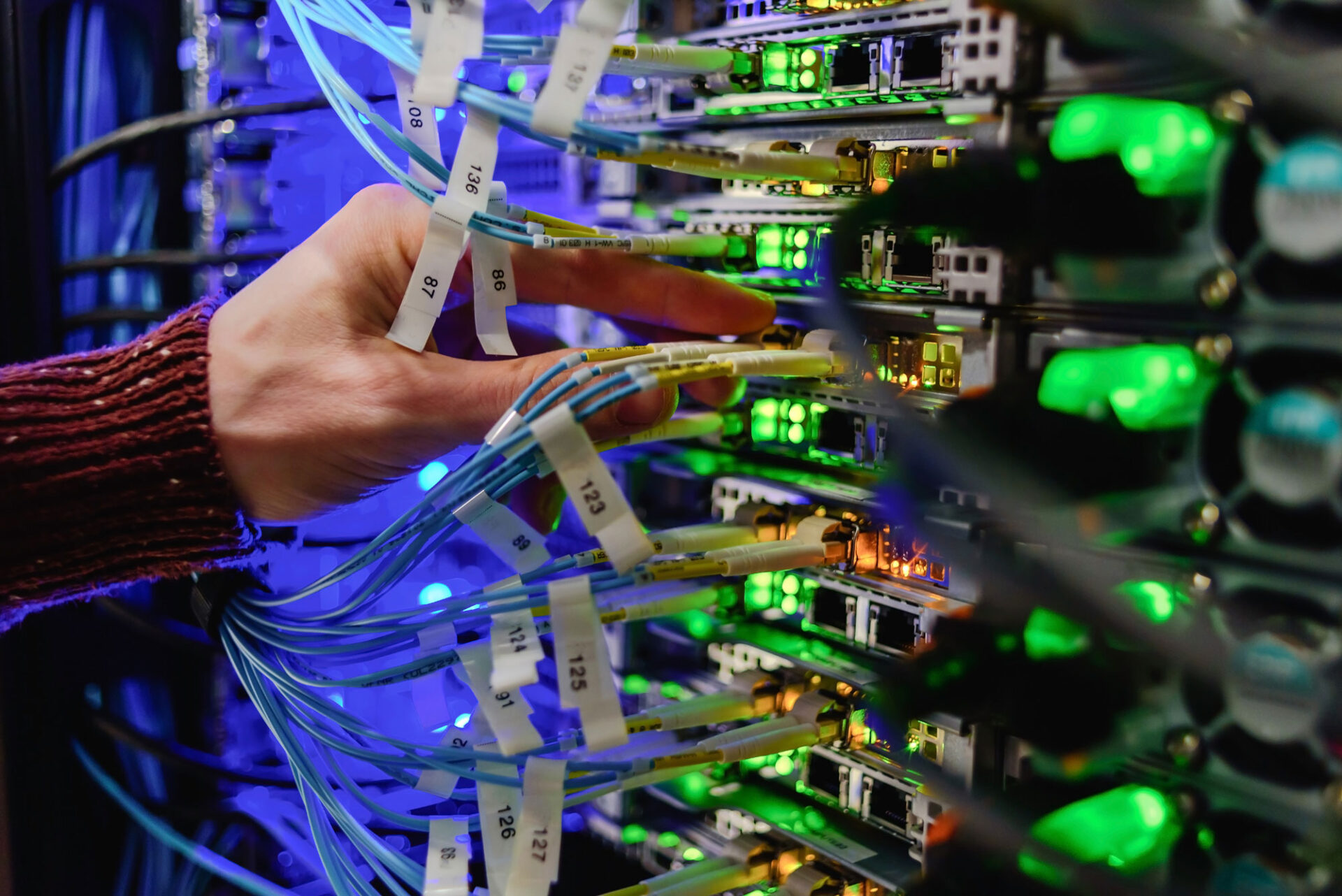
Where Government Funds Should Focus
Instead of subsidizing already profitable sectors, critics argue that government investment should prioritize:
-
AI and Semiconductor R&D: Building indigenous chip design and manufacturing capabilities.
-
Education and Skill Development: Enhancing critical thinking and learning from pre-school to higher education, preparing the workforce for AI-driven disruptions.
-
Public Infrastructure for AI: Establishing compute infrastructure, cloud services, and AI labs accessible to startups and researchers.
By focusing funds on foundational technology and human capital, the government can maximize long-term economic and technological benefits rather than providing financial incentives to sectors that are already attractive to private investors.
Final Words
India’s draft National Data Centre Policy 2025 reflects an ambitious vision: to position the country as a global leader in cloud infrastructure, AI, and digital services. By offering a 20-year tax holiday, GST input credits, and incentives for AI development, the policy aims to fuel investment, create jobs, and build a sustainable technology ecosystem.
However, experts caution that such incentives may overstep state powers, reduce fiscal revenues, and offer subsidies where none are needed. Instead, the government could focus on enabling infrastructure, renewable energy adoption, data localisation, and talent development, allowing the private sector to invest where profit opportunities already exist.
If implemented carefully, India’s data centre policy has the potential to transform the nation’s digital landscape, supporting the growth of AI, cloud computing, and a robust digital economy while ensuring that investments are sustainable, efficient, and aligned with national priorities.
With inputs from agencies
Image Source: Multiple agencies
© Copyright 2025. All Rights Reserved. Powered by Vygr Media.

